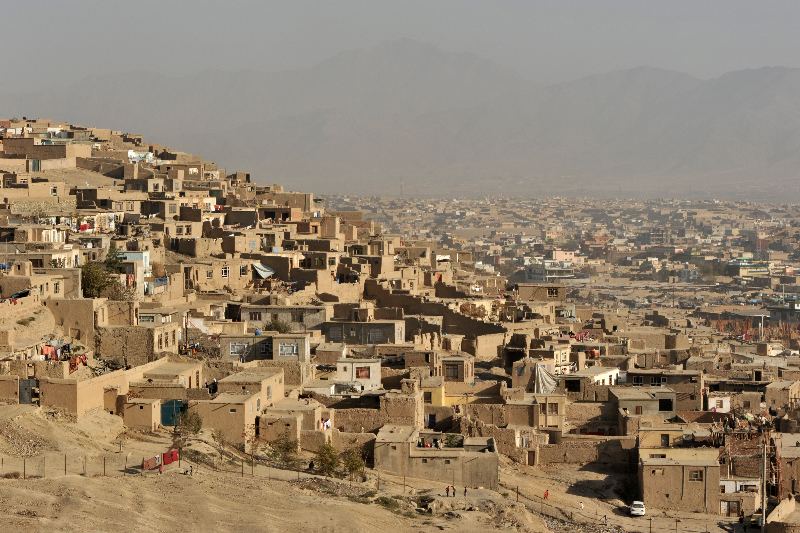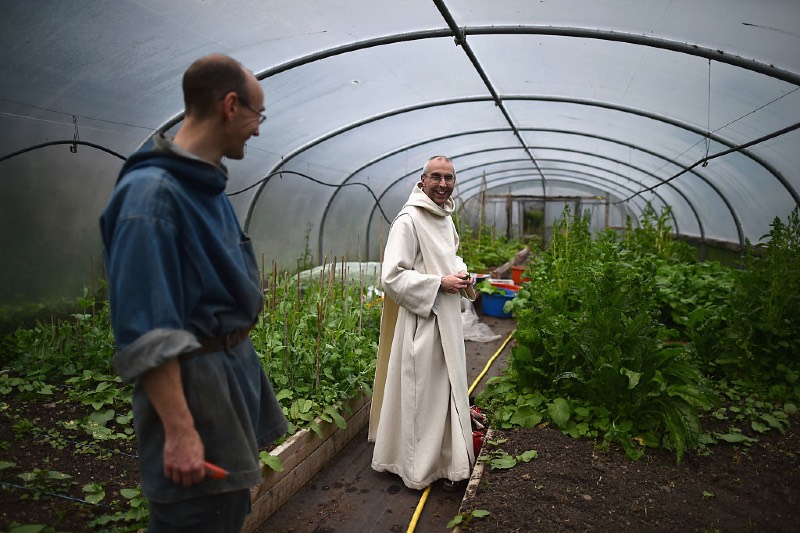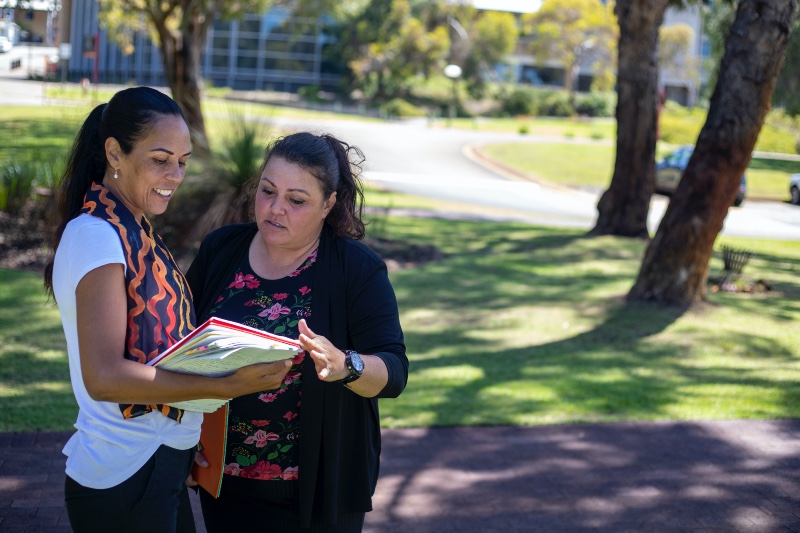Keywords: Religious Freedom
-

INTERNATIONAL
- Andrew Hamilton
- 24 August 2021
14 Comments
Most early commentary on the swift coming to power of the Taliban in Afghanistan has focused on how it happened and who was to blame for it. Much of the blame has been focused on United States President Biden and former President Trump. Increasingly attention has turned to the plight of people in Afghanistan, particularly women and those who helped the occupation forces and women.
READ MORE 
-

INTERNATIONAL
- Binoy Kampmark
- 24 August 2021
10 Comments
The New York Times editorial on 15 August was all about tragedy in describing the fall of Kabul to the Taliban. ‘Tragic because the American dream of being the “indispensable nation” in shaping a world where the values of civil rights, women’s empowerment and religious tolerance rule proved to be just that: a dream.’
READ MORE 
-

RELIGION
- Andrew Hamilton
- 15 July 2021
14 Comments
Benedict’s rule anticipates and handles the weakness inherent in enthusiastic movements led by charismatic leaders to leave the world. They import into the communities the power-based relationships in the world that they left.
READ MORE 
-

FAITH DOING JUSTICE
But it is possible the members of the Plenary could begin to hear a deeper voice speaking in their hearts. There may arise a new courage to start a process of truth and reconciliation, reporting the process of this journey to the second Plenary Council planned for Sydney, July 2022. We can only begin that journey if members of the Plenary Council come and are open to listening to that deep inner voice.
READ MORE
-

ECONOMICS
There really is no such thing as ‘capitalism’ — or rather there are so many capitalisms that the word is altogether too imprecise to be useful. A much better term to identify the problems, even evils, of modern developed economies is ‘corporatism’. This can be precisely identified and its transgressions and general harm are getting worse.
READ MORE 
-

AUSTRALIA
- Margaret Somerville
- 03 June 2021
9 Comments
No one on either side of the debate wants to see people suffer and the euthanasia debate is not about if we will die — we all will at some point. The debate is about how we will die and whether some ways of dying, namely euthanasia, are unethical and dangerous, especially to vulnerable and fragile people, and destructive of important shared values on which we base our societies.
READ MORE
-

AUSTRALIA
- Frank Brennan
- 20 May 2021
25 Comments
Australian jurisdictions are presently considering laws and policies relating to euthanasia, physician assisted dying and medically assisted suicide. The law can and should provide bright-line solutions or at least firm parameters within which the dying, their loved ones and their care providers can negotiate dying and death.
READ MORE 
-

RELIGION
- Garry Deverell
- 18 May 2021
19 Comments
It is no coincidence that white ‘settler’ theology in this country has barely begun to engage with Indigenous people. Arguably, it has only begun to do so because the Indigenous citizens of the churches have begun to cast off the imaginative shackles made for us by our white gubbas and find our own voice.
READ MORE 
-

INTERNATIONAL
- Andrew Hamilton
- 13 May 2021
10 Comments
There are larger and unchanging questions about why we communicate and about the effect of our communications on the way we live. World Communications Day is an opportunity to think about these basic questions.
READ MORE 
-

INTERNATIONAL
- Andrew Hamilton
- 15 April 2021
4 Comments
The parallels with our own times of the events of Black Friday in 1921, with its movement from a time of heavy social spending and the flowering of social capital to a time of recovery, and the fateful choices that are made at such times, are evident. We await the results of the economic choices being made by government and their effects on community and solidarity.
READ MORE 
-

FAITH DOING JUSTICE
- Andrew Hamilton
- 08 April 2021
19 Comments
The debate about quotas based on gender has been well canvassed. The wider issues raised about merit and meritocracy, however, merit further reflection. Far in the background to both conversations lies a sophisticated body of reflection on merit among Christian theologians.
READ MORE 
-

FAITH DOING JUSTICE
There are many gems and reflections on ‘fathering’ in Pope Francis’s apostolic letter, Patris Corde ‘With a Father’s Heart’, in which he nominates 2021 as the year to honour the fatherhood of St Joseph. Francis’s letter is inclusive, encompassing the scope of fatherhood and the responsibilities fathering entails. ‘Fathers are not born, but made’, Francis says.
READ MORE 